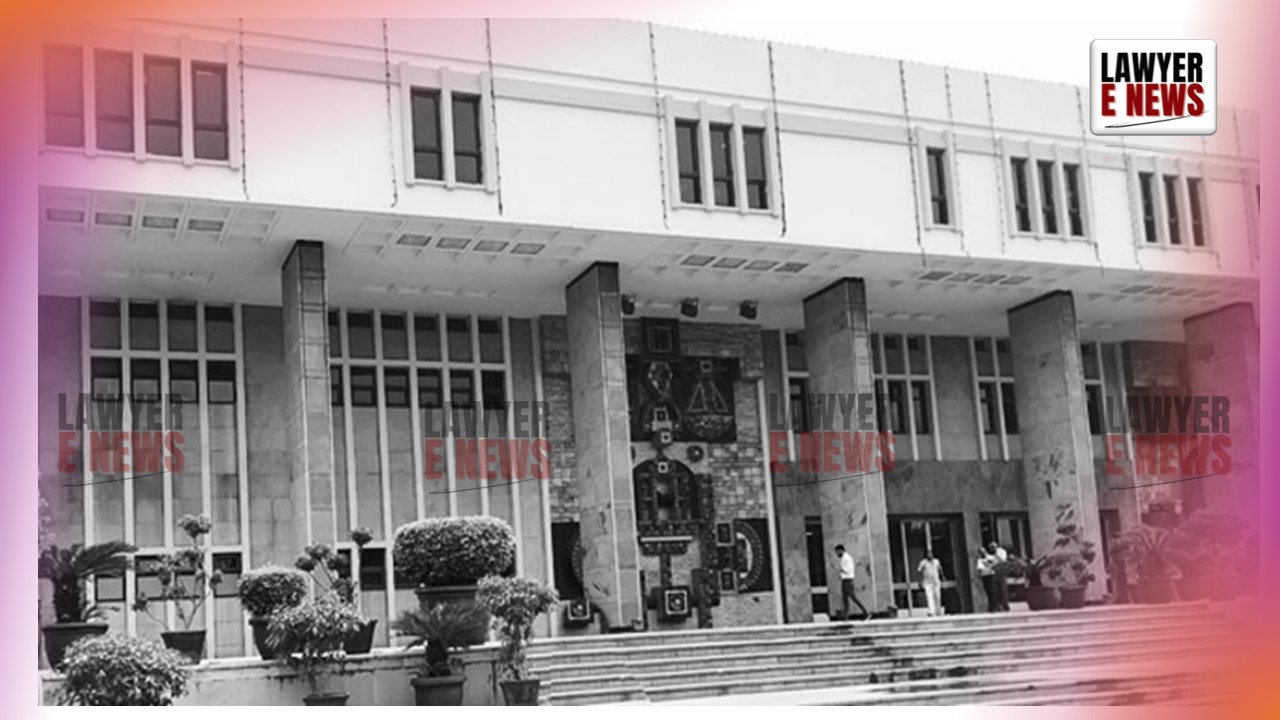-
by Admin
18 February 2026 2:25 PM



“To Reject a Plaint, Court Must Be Absolutely Sure That No Cause of Action Exists”—Pleadings Cannot Be Read in Isolation from Their Supporting Records - In a crucial ruling Delhi High Court refused to interfere with the Commercial Court’s decision rejecting an application under Order 7 Rule 11(a) CPC, which sought to dismiss the suit at the threshold. The High Court reiterated that even if the plaint appears brief or lacks certain factual elaboration, courts must consider whether the accompanying documents supply the missing material.
“The plaint is not to be looked in isolation distinct from the documents relied upon with the plaint.”
Justice Ravinder Dudeja emphasized that the power to reject a plaint for want of cause of action must be exercised sparingly and only in the clearest of cases.
“Pleadings Are Not Defective Where the Cause of Action Can Be Inferred from Documents”
The petitioner had argued that the plaint failed to disclose a cause of action as it lacked details such as quantity of goods transported, dates, rates, and taxes. However, the High Court declined to adopt such a rigid approach and held: “Since the respondent has placed on record all the relevant documents which would furnish the requisite details... it cannot be said that the plaint does not disclose the cause of action.”
The judgment underscored that courts must consider the entire plaint along with documents filed under Order 7 Rule 14 CPC, especially in commercial matters where documents like invoices, ledgers, airway bills form the factual foundation of the suit.
“Rejection of Plaint Not Meant to Short-Circuit Suits That Are Based on Documentary Facts”
The Court relied on established precedents, including Liverpool & London S.P. & I Association Ltd. v. M.V. Sea Success, and held that rejection at the threshold is not permissible when documents support the claim.
“Every fact which is necessary to be proved, as distinguished from every piece of evidence to prove that fact, comprises the cause of action.”
The Court thus clarified that even if all facts are not explicitly mentioned in the body of the plaint, they may be extracted from the annexed documents, which form an intrinsic part of the pleadings.
“Plaintiff Must Get Opportunity to Prove His Case Unless the Suit is Manifestly Vexatious”
Rejecting the plea to quash the suit at inception, the Court warned against expanding the use of Order 7 Rule 11 to stifle legitimate claims:
“To reject plaint on the ground that it does not disclose the cause of action, Court should look at the plaint and documents accompanying the plaint only and nothing else.”
Justice Dudeja concluded that the suit disclosed sufficient basis for a recovery claim of ₹21.28 lakhs and deserved to be adjudicated on merits rather than being struck down at the outset.
The ruling reinforces the settled principle that Order 7 Rule 11 CPC cannot be used as a substitute for trial and must not be invoked where a triable issue emerges from the plaint and its documents. Courts are to adopt a pragmatic reading, ensuring that plaintiffs are not denied access to justice due to technical infirmities.
“This power ought to be used only when the Court is absolutely sure that plaintiff does not have any arguable case at all.”
Date of Decision: 8 May 2025
